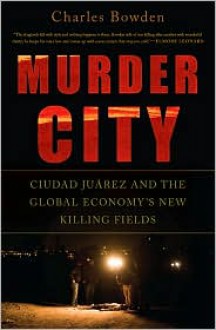According to the news from The Economist, entitled “Economic Convergence: Economic Headwinds Return”, “Ten years ago, developing economies were catching up with developed ones remarkably quickly. It was an aberration.”
Reviewing the decade-and-a-half journey of China from a lagging economy to one that has surpassed many nations in Europe in terms of average income generation, the article describes the dire realities that beset the once sleeping-giant-turned-global-power. Using Hong Kong as the standard by which to measure economic growth, average incomes dip to 50% in Shenzhen, to 25% in Guandong and to a mere 10% in Yunnan. That is an overall average of less than 30% that of Hong Kong, which is essentially a small dot of an island compared to the gigantic mainland China teeming with so many millions of people.
The average annual rate of growth from 2000 to 2009 for developing nations was 7.6%, 4.5% higher than that seen in developed rich nations. That unprecedented rate practically narrowed down the gap between the developed and developing countries.
The once deprived populations of the world, a big majority of whom are found in Asia and living on less than the global poverty level of $1.25 daily income, surged on from a share of 30% of the world population in 2000 to less than 10% as of April 2014, according to the Center for Global Development based on new date from the World Bank. At that pace, it is estimated that in only 30 years, the average income per person would converge with that in America. This is certainly cause for great hope for many people on a global scale.
Sad to say, those hopes are now slipping away. An evaluation of data on GDP per person based on new computations of cost of living released in April by the World Bank’s International Comparison Programme (ICP) seems to show that convergence has slowed down drastically.
Since 2008, growth rates across the emerging nations have slowed down and matched those in developed economies. When the new ICP figures are applied, the average GDP per capita in the emerging world, measured on a purchasing-power-parity (PPP) basis, grew just 2.6 percentage points faster than American GDP in 2013. If China is removed from the estimates, the difference is only 1.1%. At that rate, convergence with rich-economy incomes will occur in a hundred years or more, longer than a generation. If China is included, emerging economies could expect to reach rich-world income levels, on average, in a little over half-a-century.
Japan, which achieved industrialization in the first part of the 20th century, grew to be the world’s second largest economy, next to USA. South Korea, Taiwan and several city-states like Singapore and Hong Kong also grew and developed into prosperous nations. The rush to achieve levels of growth close to those of developing nations became an addiction to these nations and others who needed to catch up as well. The price paid in terms of investments on human capital led to social and political problems as some nations had to export their workers to the industrialized or more prosperous nations. Ironically, the income generated by those workers help to sustain those nations during the crises that transpired.
In trying to explain the growth disparity, economists pointed to institutions being the key while others focused on “geography and climate”. Moreover, they said that “remoteness from economic centers and hot, disease-prone conditions could retard development,” which is the case in many of the Southeast Asian countries where the issues of rebellion and ethnic differences provide obstacles to development of the depressed country-sides.

 Log in with Facebook
Log in with Facebook 









